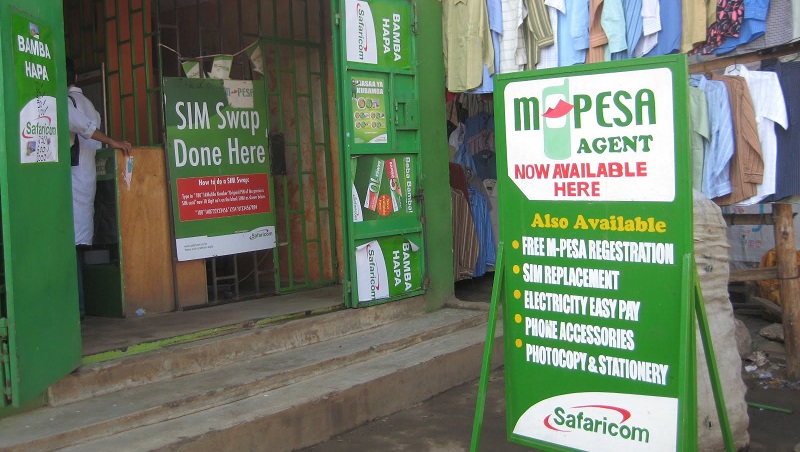Juniter’s prediction of 5 million Bitcoin users by 2019 sounds lackluster, but if current activity in Africa is sustained, it could also be proven meaningless.
On the February 4, Juniter, a leading mobile and digital tech industry analyst firm, published research on the future of cryptocurrencies. The report predicted that Bitcoin and other crypto coins are not likely to attain significant growth, in terms of retail adoption, in the next four years.
It gives worldwide projection of about 5 million active bitcoin users in 2019, up from 1.3 million in 2014.
In fact, the advice to online retailers in that report is that they should not bother with the technology because it will not help them as a unique selling point.
With that said, it is fair to state that the research may have missed the point, especially if it was carried out with Africa out of the picture. There are many factors that could make the continent defy the report’s projected trends.
Cards are complicated in Africa
Of course, there is the question of Africa's connectivity. However, bandwidth is fast becoming Africa’s past problem and the numbers online are growing fast.
For instance, between 2000 and 2014, the number of internet users in Kenya rose from a mere 200,000 to about 22 million. In the same period, South Africa's has grown from 2 million to 24 million and Nigeria’s from 200,000 to 70 million.
Even local online retailers such as Nigeria-based Jumia concede that the biggest hurdle to e-commerce in Africa is not a lack of internet connectivity but the lack of viable payment systems.
It is complicated to use a credit or debit card to shop online in Africa. This is due to a combination of reasons such as difficulty in obtaining them, the cost of use, fear of fraud or simply not being part of our consumer spending culture.
If there is one place where this traditional payment method is almost at the same level with Bitcoin in terms of online shopping adoption, then it is in Africa.
Africa means Cash on Delivery
In fact, Jumia and other local online retailers to a large extent rely on the concept of ‘cash on delivery,’ which makes the retail process less smooth. In Kenya and the rest of East Africa mobile money services such as M-Pesa have come in handy in this regard.
Indeed, making purchases online does not work for the majority, especially when the choice of payment methods is limited to VISA, MasterCard and American Express cards.

Bitcoin is an option that has made it feasible to shop online from Africa. For instance, in Kenya one can buy bitcoins from BitPesa, a local exchange, using mobile money service such as M-Pesa and pay for a movie on iTunes or a Kindle book on Amazon. Before Bitcoin, consumers could only browse and look around.
If Bitcoin startups in Africa design solutions that are easy for an ordinary person on the street to use, then Bitcoin may turn out to be the only payment method Africans know when it comes to online shopping. And the figures of active users from Africa alone can surpass Juniter’s 5 million in 2019.
Did you enjoy this article? You may also be interested in reading these ones:
